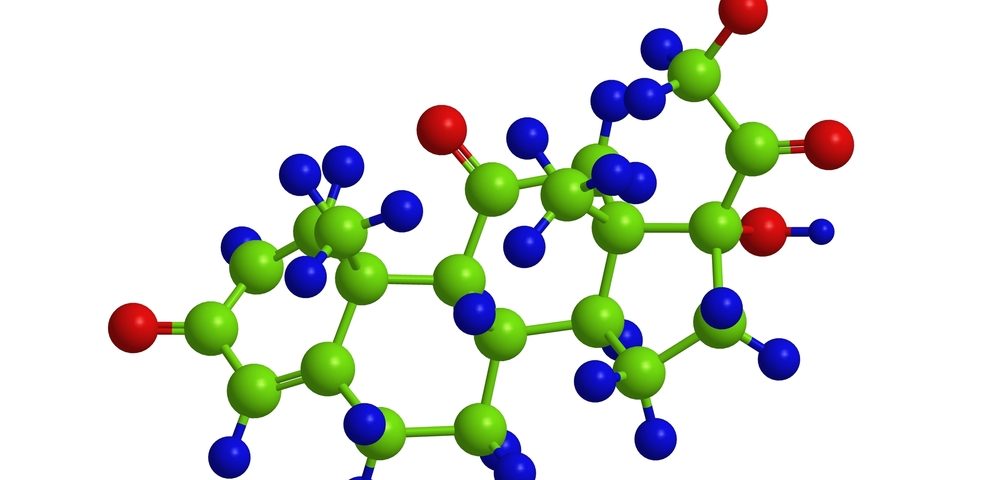Understanding epigenetic mechanisms — changes in gene expression that do not involve changing a gene’s DNA sequence itself — regulating intestinal health may lead to tailored inflammatory bowel disease (IBD) therapies, new research suggests.
The study, “Maintenance of macrophage transcriptional programs and intestinal homeostasis by epigenetic reader SP140,” appeared in the journal Science Immunology.
The SP140 gene is predominantly expressed in cells of the immune system. A variant of the gene has been linked to Crohn’s disease, multiple sclerosis and chronic lymphocytic leukemia. However, researchers did not know the function of SP140 protein – a regulator of gene expression, determining whether genes get expressed or not – in intestinal health, nor had they identified the mechanism linking the gene variant with immune disorders.
“Our knowledge of epigenomic enzyme mutations in immune-mediated disease is lagging well behind the cancer field, and our study — the first to examine the function of SP140 in any detail — shows how its loss in Crohn’s disease triggers intestinal inflammation,” Kate Jeffrey, PhD, the study’s lead researcher and assistant professor of medicine at Harvard Medical School, said in a news release.
The researchers showed that normal SP140 protein represses inappropriate gene expression in macrophages (cells of the immune system). Deletion of SP140 in mouse or human macrophages severely disrupts macrophages’ innate response to microbes.
Their study also showed that decreased levels of SP140 worsened intestinal inflammation in a mouse model of colitis. Furthermore, immune cells from Crohn’s patients revealed lower SP140 expression. Interestingly, decreased levels of SP140 in human intestinal biopsies correlated with lower levels of pro-inflammatory cytokines (substances secreted by cells of the immune system) and improved response to anti-TNF (tumor necrosis factor, a group of pro-inflammatory cytokines) therapy.
“Finding this correlation between lower intestinal levels of SP140 and a better response to anti-TNF represents a potential precision medicine strategy for tailoring anti-TNF-like therapies to Crohn’s patients carrying the variant form of SP140,” said Jeffrey. “Although directly targeting SP140 would not be a good option, since its loss is detrimental to intestinal health, leveraging other epigenetic enzyme inhibitors that promote protective innate immune responses in the intestine could be a real therapeutic option.”
The researchers plan to investigate how SP140 suppresses gene expression and whether this is specific to macrophages, as well as the role of SP140 gene variant in other immune disorders. Furthermore, the scientists hope to identify other epigenetic enzymes that may be the basis of future therapeutic approaches.

